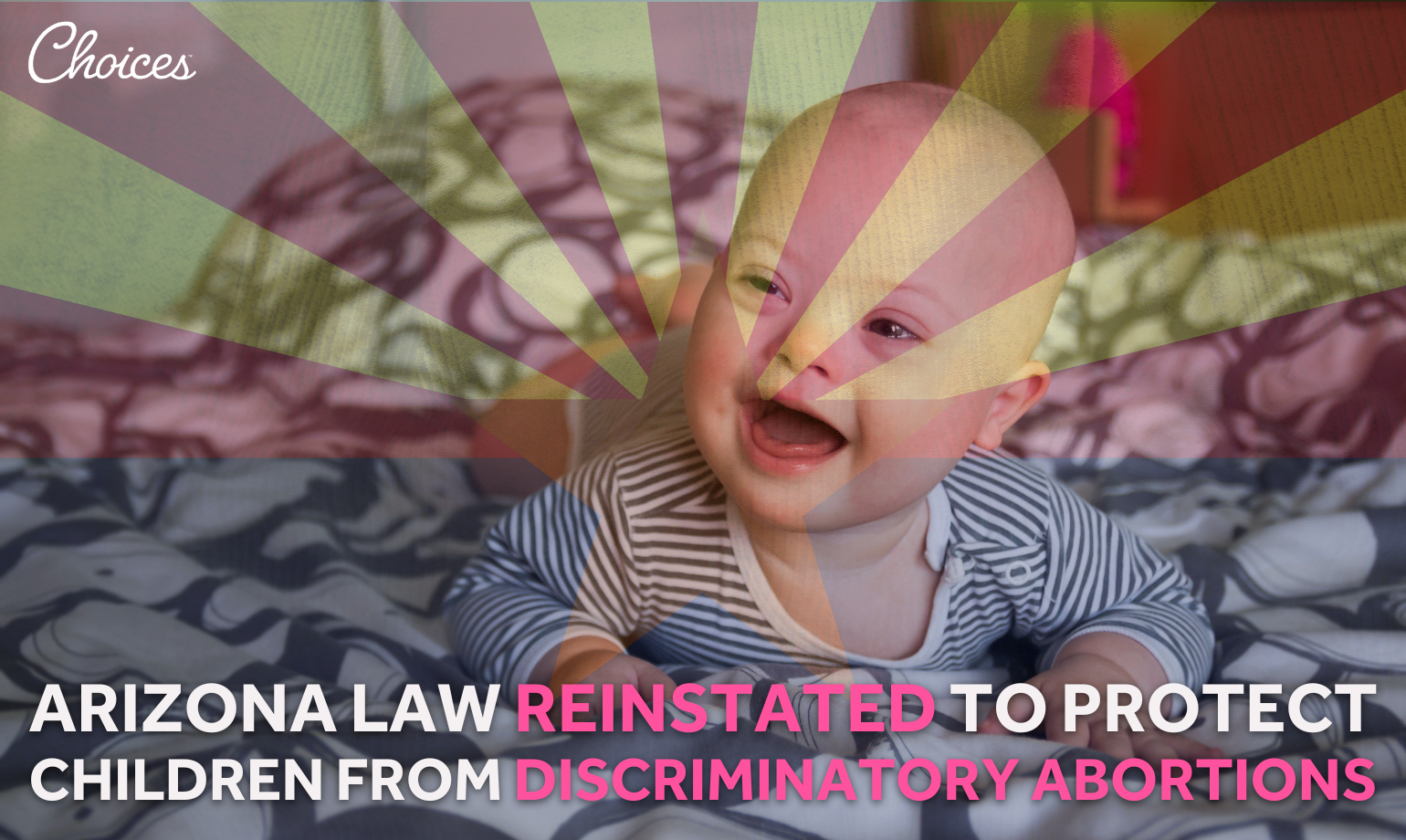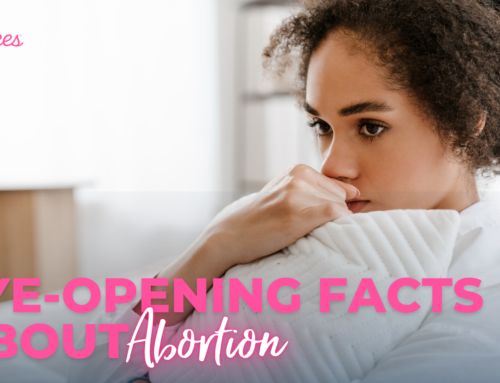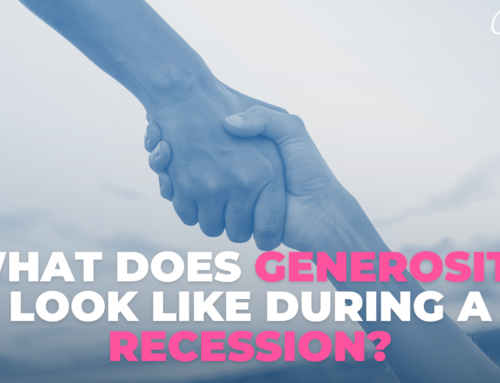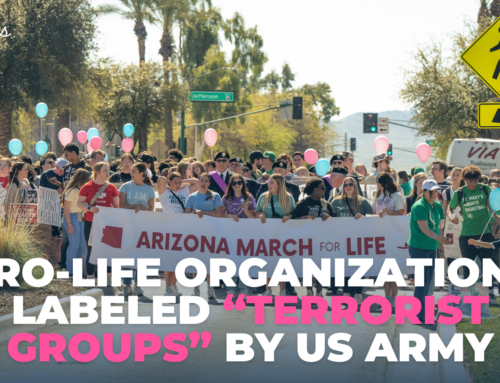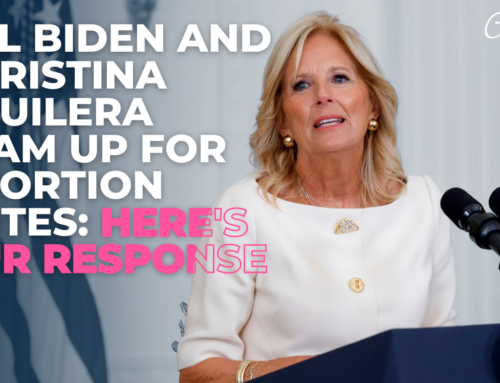A judge in Arizona has reinstated a law that protects preborn children with genetic abnormalities from being discriminated against.
The law, passed in 2021, sought to restrict women’s access to abortion if they were diagnosed with a genetic condition such as Down syndrome. The bill was met with fierce opposition from the abortion industry, who argued that it would limit women’s reproductive rights and create an undue burden on those seeking abortions.
Despite their protests, the bill passed, sparking conversations about the ethical implications of restricting access to abortion based on a prenatal diagnosis. Proponents of the bill argued that it was necessary to protect unborn children with disabilities from being discriminated against, while opponents argued that it violated a woman’s right to choose. Nevertheless, the law remains in effect.
Judge Douglas Rayes of the US District Court reversed his previous ruling, which had blocked the law. He had relied on the Supreme Court’s decision in Roe v. Wade, which stated that women have a constitutional right to choose an abortion. Rayes says that courts no longer have the power to use the concept of an undue burden to determine if laws are constitutional.
In his Thursday ruling, U.S. District Court Judge Douglas Rayes reversed his 2021 decision blocking the law, particularly in relation to the idea of an “undue burden” placed on women seeking abortion. In this new ruling, he argued that courts can no longer use the concept of an “undue burden” when determining whether or not laws are constitutional.
Judge Rayes wrote: “Plaintiffs do not have a constitutional right to perform elective abortions, and their patients no longer have the constitutional right to receive them.” He further clarified that the law does not interfere with a woman’s ability to get an abortion so long as the abortionist is unaware of why she is seeking it.
Abortionists in Arizona who violate the law will face up to a year in prison and a Class 6 felony. The law also gives the father of a preborn child the right to sue if his wife performs an abortion due to their genetic condition.
Learn More
No one should ever have the power to determine whether another person has the right to live, regardless of their genetic makeup, gender, race, or other factors. This is a fundamental violation of human rights.
Please join us as we help and encourage women facing unwanted pregnancies by donating, praying with and for us, and partnering in our mission to come alongside women in troubled circumstances.
To learn more, contact Choices today!


